Blockchains do a lot more than you think
Look, I get it.
The past few years have been full of cryptocurrency scams, thinly veiled Ponzi schemes, widespread art fraud for NFTs, and all the other stuff that didn't make the news. Blockchains have been the underlying tech powering all of that, so you have no reason to be be lending any of your trust to them.
Yes, blockchains are overhyped, and yet they do a lot of good work that you haven't heard of. Just because there are people being stabbed with knives doesn't mean someone somewhere isn't doing a masterful job cutting onions! (weird analogy but bear with me for a moment)
So where are all the onion masters?
All right, lets assume blockchains actually do some good stuff. Then why haven't I heard about them? Where is that big app that will make me believe in blockchains?
Unfortunately, the answer is not very simple.
No one is going to use something just because its built on blockchains. It has to be good enough to be the best option to choose at the time, never mind what tech is used to build it. Let me explain a bit why a blockchain could be needed.
I'll raise you a scenario -- You're happily (or begrudgingly) working along on that task that you need to finish by tonight. Maybe it is so boring and soul-crushing that you're starting to contemplate leaving your job. But that doesn't matter right now, you're already 2 weeks late and you've run out of excuses. So your only option is to grind through, pull up some NPM packages and finally finish that damn thing.
But wait here's the fun part, NPM is down
But that wont stop you today! You know that package's Github repo. So you go there, download and store it in your node_modules. You hack along undeterred, convinced that you're going to finish it by tonight. Finally its done, reviewed and merged into the dev branch. But wait! Why's it not showing up on the site? The deploy seems to be failing. You google around, ask your team members who are going through their own personal hell, and then finally in your late night, coffee fueled frenzy open up twitter to check what the heck's going on.
Great. AWS is down again. So you just sit there like...

If you look deeper than the surface level, these are problems that arise due to single points of failure. Its these problems that a decentralised network aims to fix. What's "decentralised"? well, it just means that no single entity is in control of the whole thing. If one node goes down, there's lots of other ones to keep it afloat. When you have your app hosted on a fairly large decentralised network (like ethereum), you essentially have a failsafe for the moment of a node failure. For when one node goes down, the app will just be moved to another node.
Now you certainly don't need a blockchain for everything, especially if you have control of all the hardware on the network. But in blockchains when anyone can join the network from anywhere in the world, how do you know which node is a bad actor and which isn't. To put it differently, who do you trust?

Well, you cant trust anyone over the internet. So you simply take trust out of the equation, that's why you'll often hear the word "trustless" in the context of blockchains. What enables these trustless networks are "consensus algorithms". Simply put, they make sure all the nodes are doing what they're supposed to. They reward the nodes that do good and in a way punish those who don't.
Now on to the onion masters.
Hopefully my rambling has made at least some sense to you and you see value in the existence of the blockchain. Now lets introduce you to some of the big (and small) names taking the industry forward:
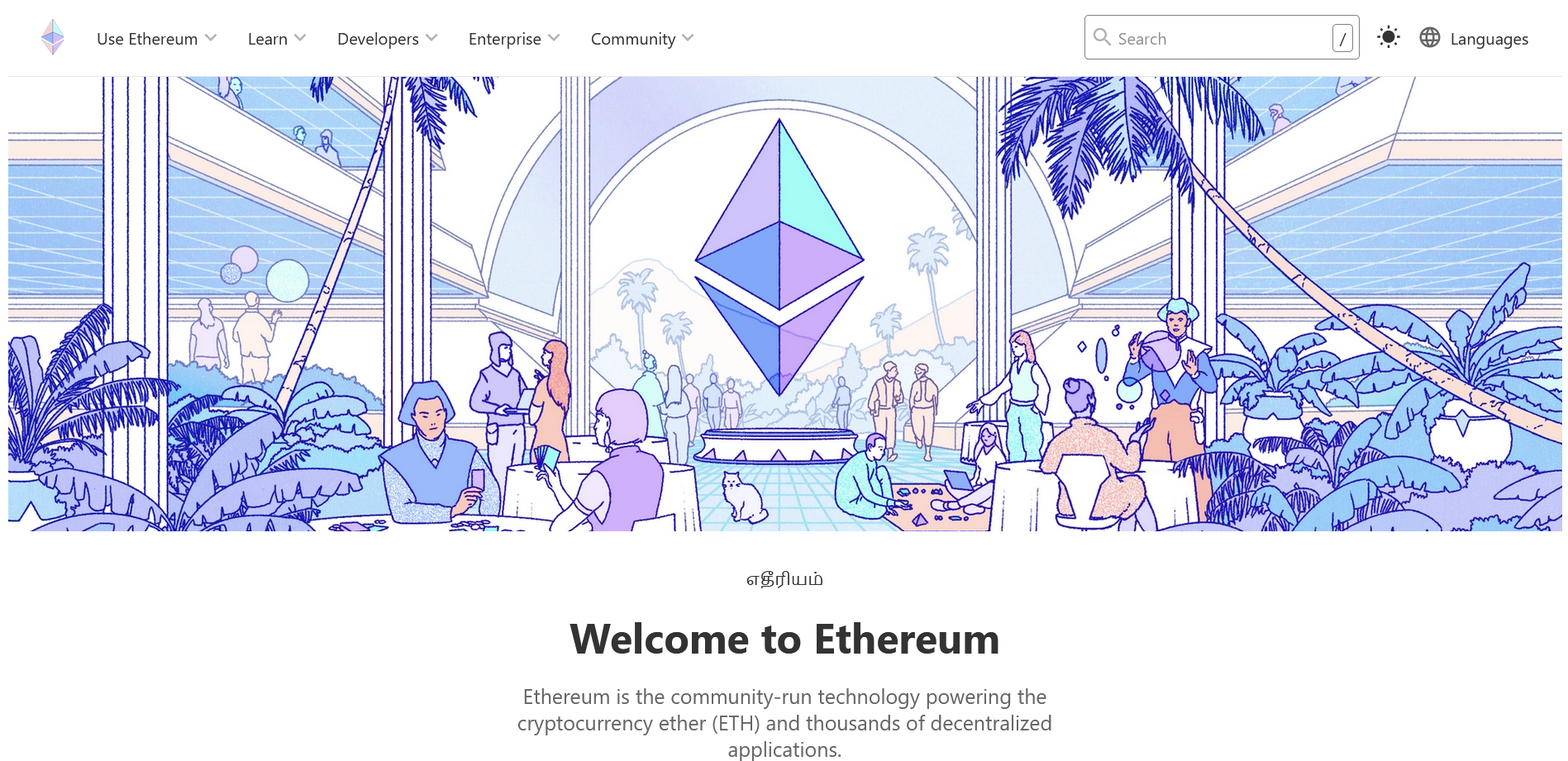
Ethereum (Website link)
Unlike Bitcoin, which was made to be a currency, Ethereum lets you write something called "Smart Contracts" which basically enable you to run your app on the blockchain. This way your app is up 24/7 and you wont have to deal with us-east-1 going down yet again. Although, the main Ethereum network has become quite slow and has a very high transaction fees, there are Level 2 chains that are built on top of Ethereum and are faster and cheaper (but that's a topic for another day).
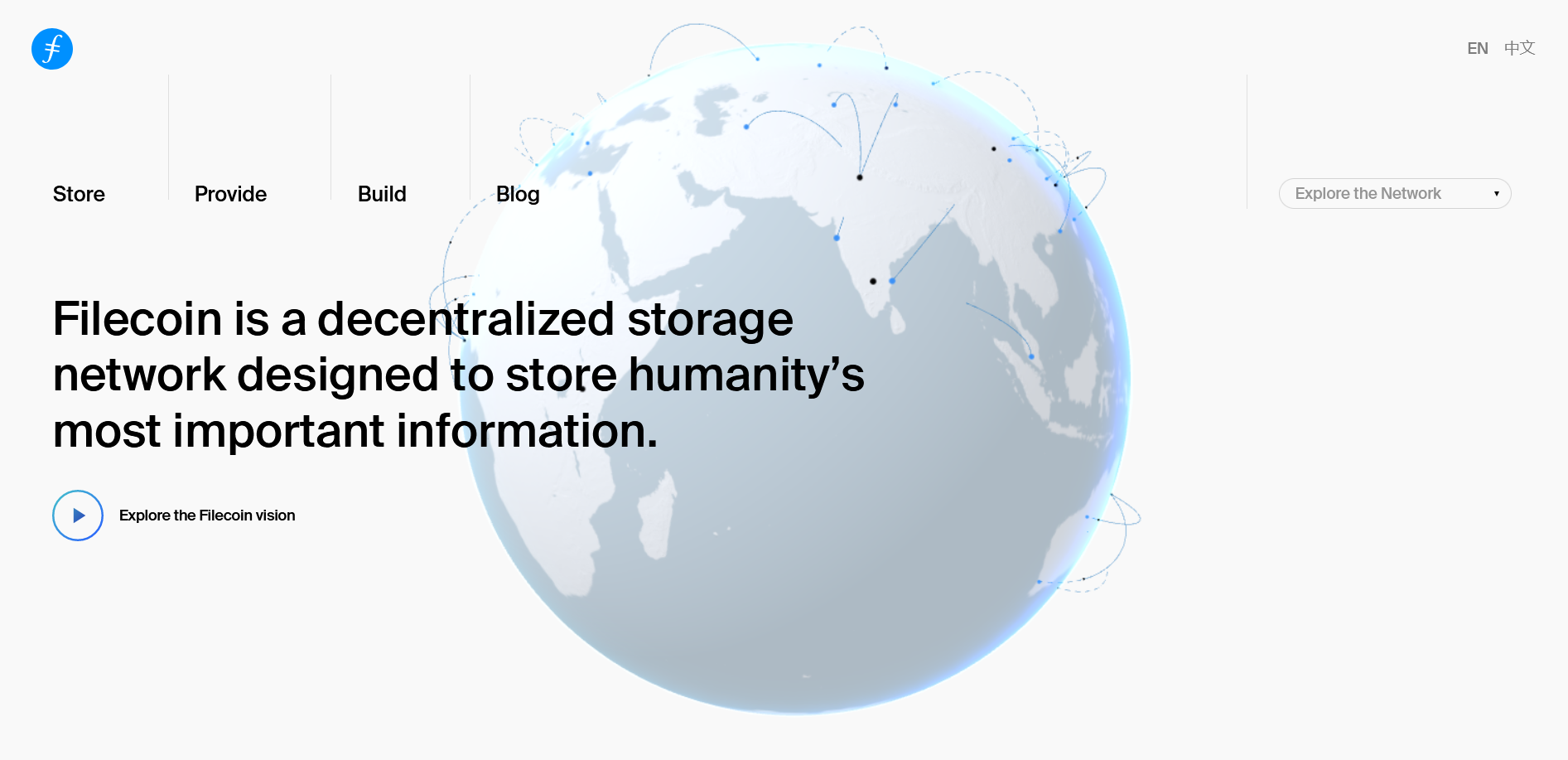
Filecoin (Website link)
What if you have a lot of important files stored on Dropbox and it goes down just as you want to access one of them? Yes, we're back to that idea of the centralised service that can fail anytime. Filecoin is another blockchain that stores files on a decentralised network. Anyone who stores the files reliably on the network, is paid "Filecoin" (its the name of the organisation AND the cryptocurrency) and whenever someone wants to retrieve those files, they need to pay Filecoin. Think Dropbox, but where all the servers that store data are owned by unrelated individuals around the world who're paid to reliably store data. There's a very good introduction about Filecoin over at their website, I highly encourage you to check it out.
Fleek (Website link)
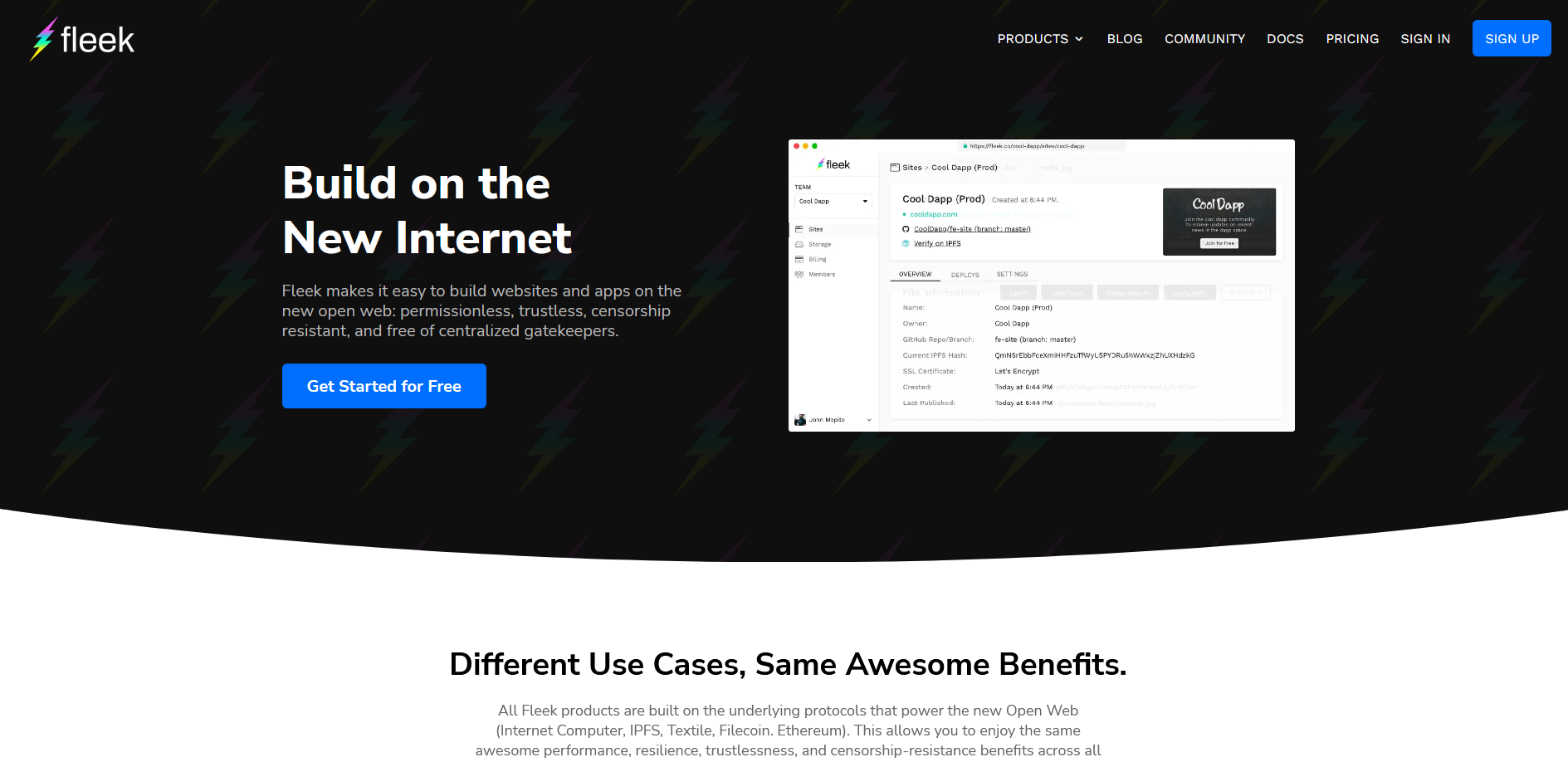
Remember how I told you your app can go offline anytime the centralised cloud you're hosting it on experiences an outage? Here's the alternative. Fleek is a "cloud provider" that lets you host apps on Ethereum and files on Filecoin to get rid of the single point of failure problem. It's as easy to use as any cloud provider (probably easier). This whole goes back to the concept of being the best tool to use irrespective of the underlying tech.
ThirdWeb (Website link)
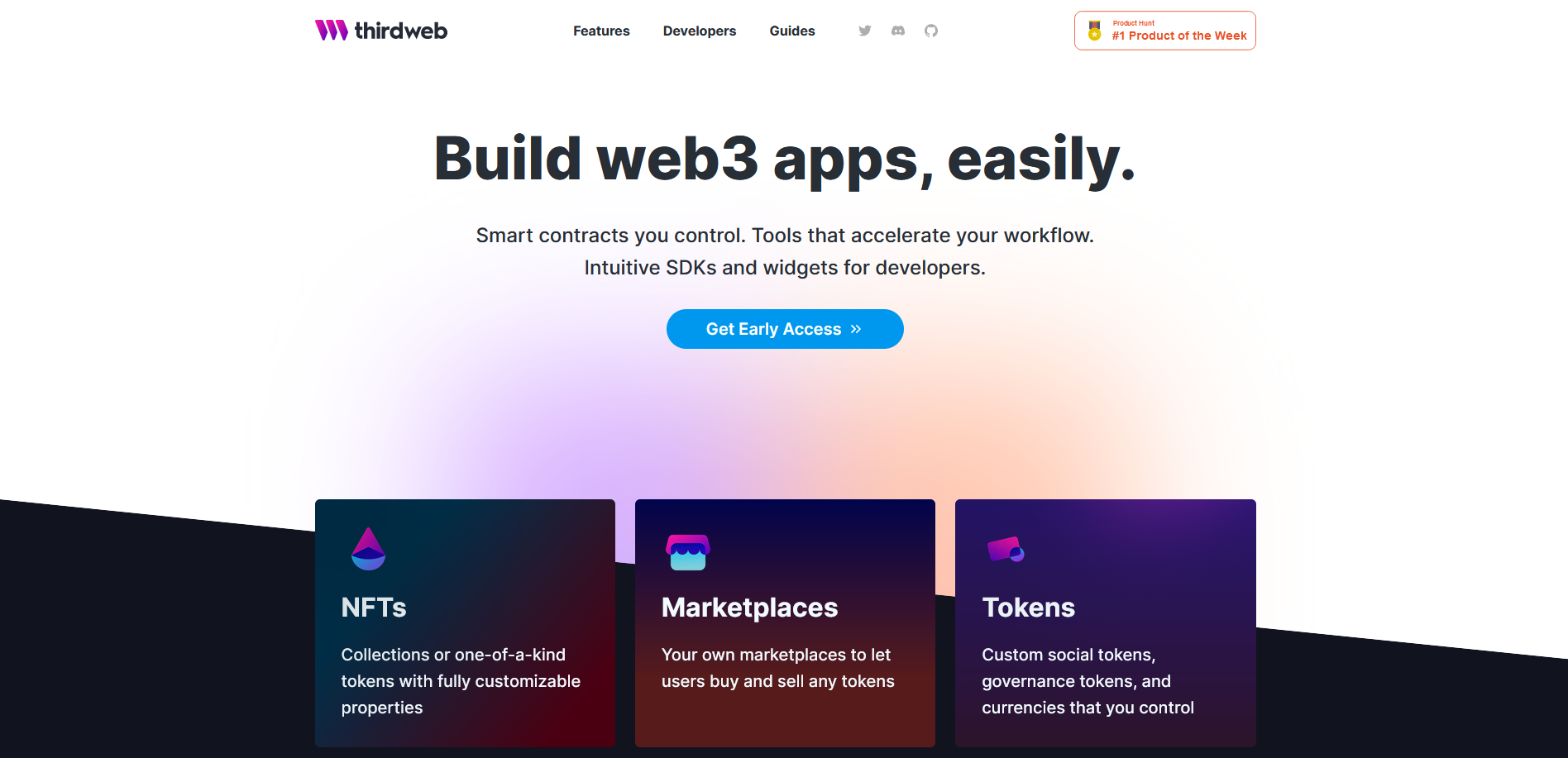
Like any new technology, building for blockchains is initially hard and cumbersome. It's not as bad as writing machine code by hand, but its certainly not as easy as scaffolding an app with Ruby on Rails (if you know you know). You need to write smart contracts in another language called Solidity, or in the case of Solana, you need to write it in Rust. And deploying your app to the chain is certainly not as easy as a git pushing your Node.js app. But all is not lost, ThirdWeb has recently come up with SDKs in languages like Javascript, Python and Go which makes astonishingly easy to write and deploy "web3" code.
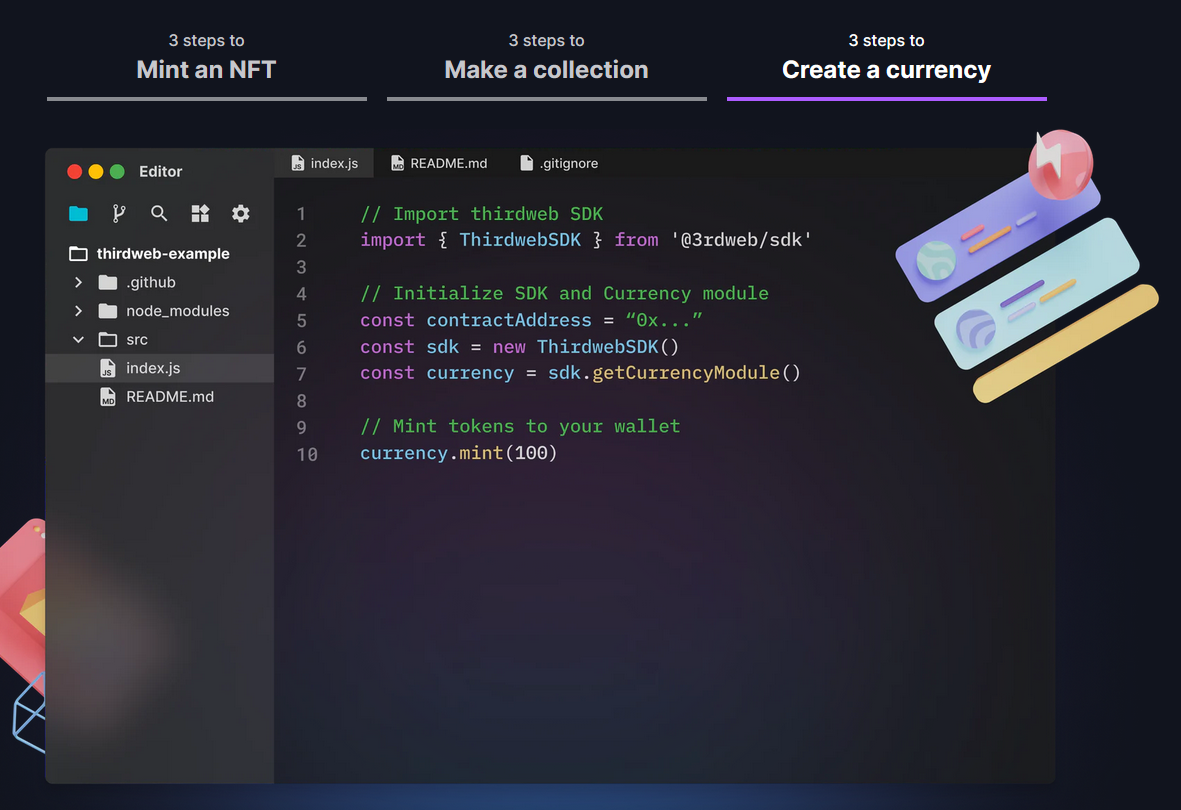
Take back control
If you've made it this far into the post you probably see a pattern in all these services. These systems are set up in a way that takes power away from a centralised entity and distributes it to the individual nodes. Ideally these individual nodes are run by one person or a small group of people (which is where a potential problem lies).
It's not all sunshine and rainbows
If everything goes well, blockchain tech will take away or at least reduce the power held by big tech companies (Meta, Amazon, Apple, Google, Microsoft, etc.). What's bad about them having all this power? Well, if they one day decide to be more greedy, there won't be a viable option elsewhere and people will just have to follow suit regardless. Sure, legal courts can intervene. But that process starts when the damage has already been done, and to be fair legal proceedings can take a fairly long time.
But there's a loophole in blockchains too. It's fine if each person runs one node, then the system is truly decentralised and each person gets their own say. But nothing's stopping you from pooling resources with people and start a crypto mining farm that out competes most single person nodes, and essentially centralises power again (we're already seeing this happen extensively). And remember big tech and its prophecised demise? Well, nothing's stopping them to start their own mining farm and earn through that.
The mere existence of blockchain does not guarantee a better future for tech. It has to be actively worked on by enthusiastic developers in every corner to make it work. Or else, it will be just another piece of tech that gets dominated by soulless large corporations whose only aim is to make profits. Which is why you will see supporters of blockchain or "web3" hype it up so much. It is to get more individuals get involved and have a majority stake in it, so that when the big corporations want to have a piece of it, they can only be a minority.
So will you help bring power back to the individual or will you let big tech have it all? Will you take the blue pill or the red pill?
You take the blue pill, the story ends. You wake up in your bed and believe whatever you want to believe. You take the red pill, you stay in Wonderland, and I show you how deep the rabbit hole goes
NOTE: I am in no way affiliated to or supported by any of the above services. I don't even hold any Ethereum (!)
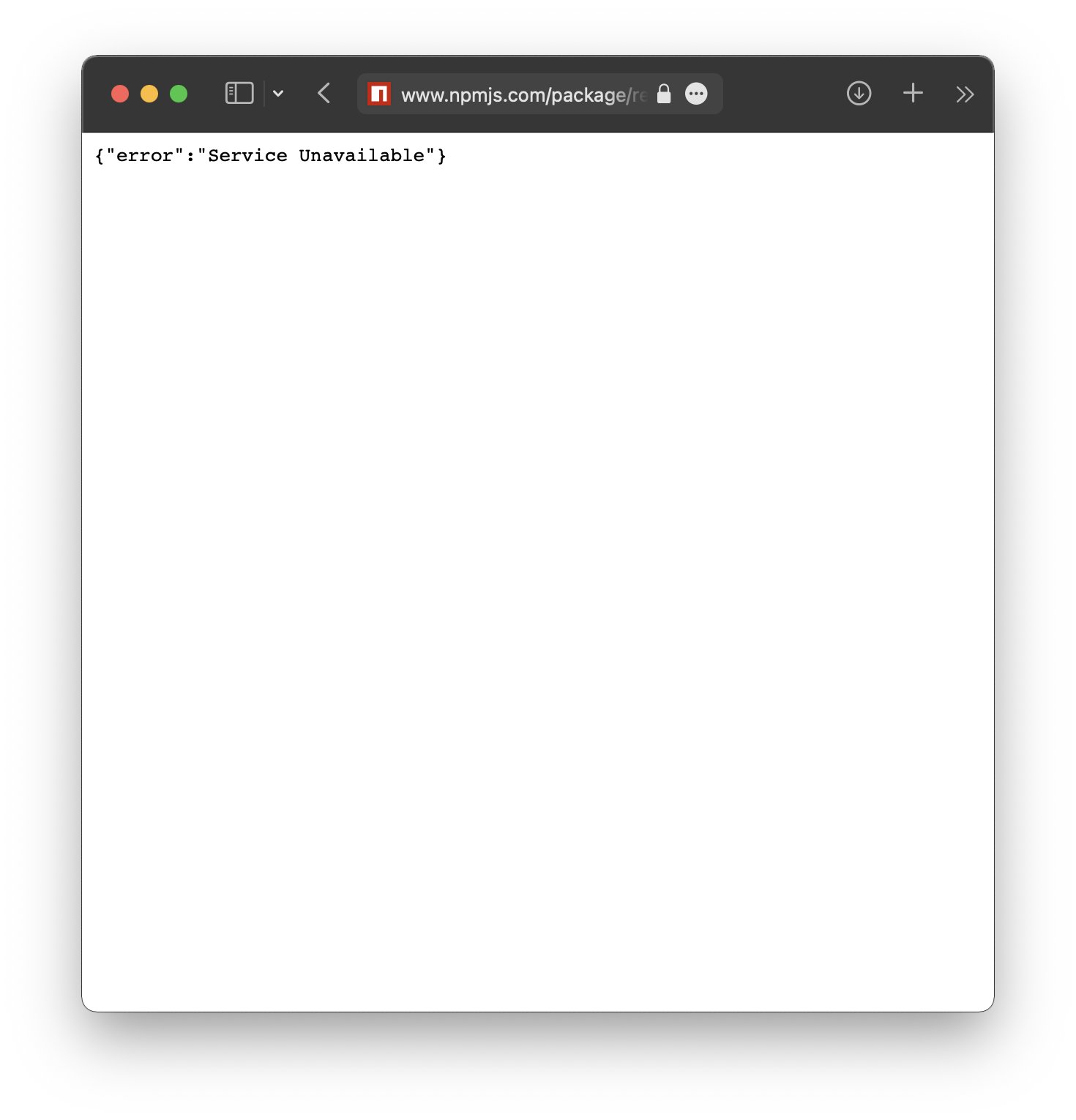

"Simply put, they make sure all the nodes are doing what they're supposed to."
That's where it suppose to be not simply put but, explained for every single bit of details.
1 - This way your app is up 24/7 and you wont have to deal with us-east-1 going down yet again.
Blockchains communicate through the same fiber cables. If for a blockchain all its main nodes happen to be in the us-east region. Whatever happens to AWS servers would happen to that blockchain.
Funny enough there are tutorials provided by hosting providers, that explains how to setup a node with their service so all those "suppose to be knowledgeable" nodes just follow their instructions and set up another node in a centralized hosting provider. Or their offer is so good that everyone use their service to run a node. 🤦♂️
2- Think Dropbox, but where all the servers that store data are owned by unrelated individuals around the world who're paid to reliably store data.
Who stops them to become related at some point and decide the faith of the chain. One day it costs 1 filecoin to download a 1mb file, next it's 10000. Who you gonna run to. All your wedding photos stuck on the chain now. :) Whales and hodlers are happy about the change. It's up to stakeholders' decision and there is no regulator to cover simple man.
3- These systems are set up in a way that takes power away from a centralised entity and distributes it to the individual nodes.
And this is probably the biggest illusion. It takes control away from the regulated corporations to unregulated individuals who can potentially become cooperatives.
---
Blockchain is nothing but a ledger, a 100 years old "technology" that stacks information on top. I pay you 5, you pay her 3, she pay me 4....
If all this jazz is about decentralization, solution have been found several years ago, zeronet.io you host a site over your computer, whoever visits it starts to seed. No longer need a centralized hosting provider. Everything happens peer to peer. But no one cares :) And the one who cares, uses it in edges. Not like normies like me.
I was lucky or unlucky depends on where to look. I discovered Steem blockchain years ago, it had a great potential. At some point I believed it's the thing which will takeover Facebook. It was about time. Yet it didn't. It only showed how DPOS is bound to fail. How spoiled millionares can manipulate things. How nodes can get together and f. things up.
Like if blockchain as it is, as for the past 15 years was revolutionary. We didn't need to read about it's revolutions. We would live the revolution already. It fails in many ways and one of them is to solve problems and reach every single person in the world.
All those bitcoin hodlers rooting for it not because they transfer it daily basis, they just profit by holding it. That's it not because of the tech not the revolution, nothing else.
/rant
While I am not on the OPs overly optimistic side, I wouldn't throw the baby out with the bathwater because you believed in a few flawed projects. Let's be honest, things at Steem were fishy to begin with and clearly structurally flawed soon after. Onchain governance is still in its infancy and there have definitely been mistakes along the way, too many to name in fact. It will definitely be a while till we have something the resembles a performant full-stack decentralized blockchain-based social media network, but that doesn't mean that one will never come about. The fact is even though a full-stack decentralized web 3 would be revolutionary there has to be the capital to develop it and the desire to utilize it. IMO, social media companies today are doing a pretty good job at creating the desire for decentralized alternatives and the required capital is being liberally deployed; so, right now albeit far later than promised, the future looks good for a decentralized web.
Sure, I was so excited about decentralization. Especially when living in a developing country. It was great news for me to open new doors...
I talked about Steem because I was inside. I knew what happened in every step. Also it can't be Steem's flaw. It's the flow of the system, when you give power to stake holders(PoS) aka riches. Riches won't give a damn about the poor. Their only aim is to make more. Since the system rewards both the rich and poor equal to their equity/stake. The gap in between increases exponentially.
Problem here is Steem forked into Hive without changing anything. System works the same and people rely on those nodes again as long as they get a fraction from the pool. I tried to talk about this problems recently and not very welcomed. And people still thinks their votes count. 🤷♂️
Anyways there are lot more bad examples, like mtgox etc. Now everything happens through binance. This is the exact opposite of being decentralized.
What I believe is, as you said it's too early. We gotta wait until charlatans drains the milk out of this tech. So we can have some meaningful decentralized solutions. For example Brave, I'm not favoring them but they basically takes the monopolized advertisement solution from Google. Does anyone care? Not much.
I'd argue that social media doing a good job. Because, now there is a perception that someone needs to be rewarded just because being in a group. From now on if someone else come up with a great solution that couldn't offer that benefit will probably fail.
Hey there,
Great post on blockchain technology. It really is incredible the many different ways that Blockchain technology can be applied, for instance it can solve many problems in livestock management. software providers could help farmers by leveraging blockchain technology to develop livestock management software solutions that optimize animal health data tracking, as well as other capabilities.
This includes a lot of information regarding Blockchain Technology and it helps people gain in-depth knowledge about it. Thanks for sharing this. It is very effective.